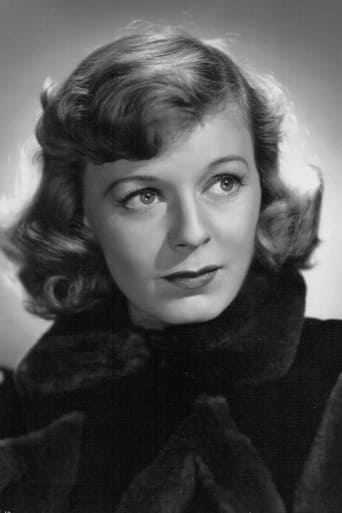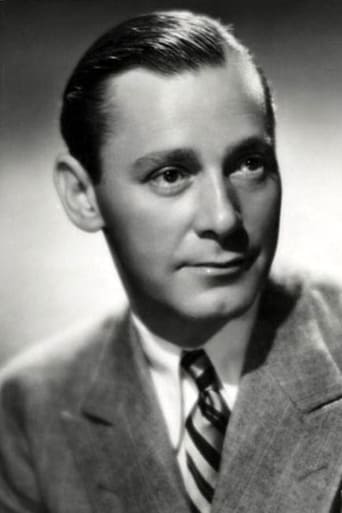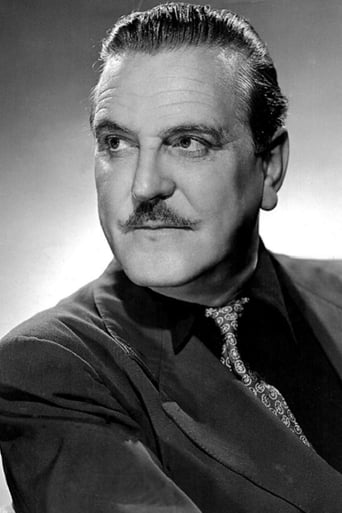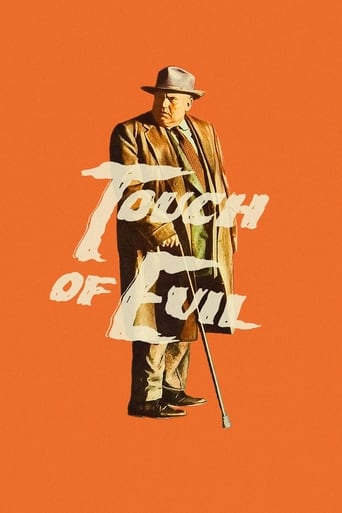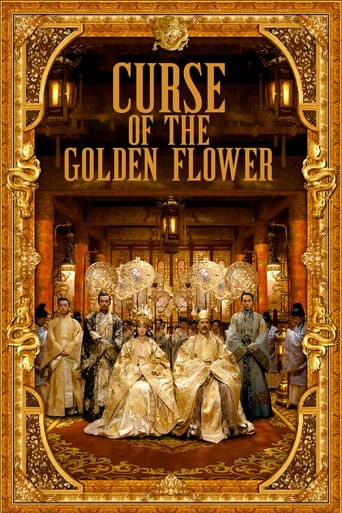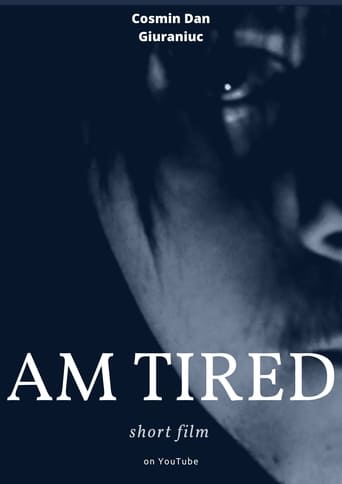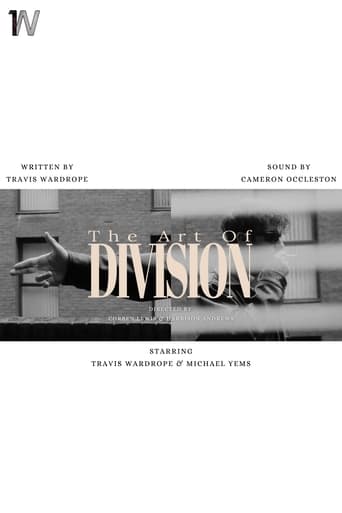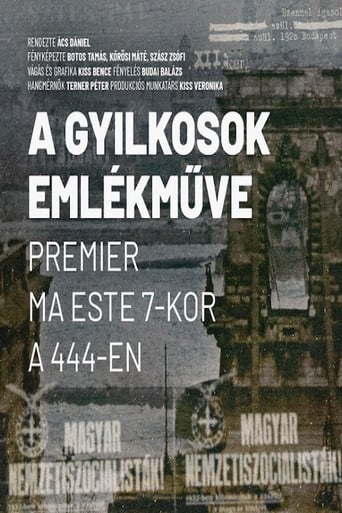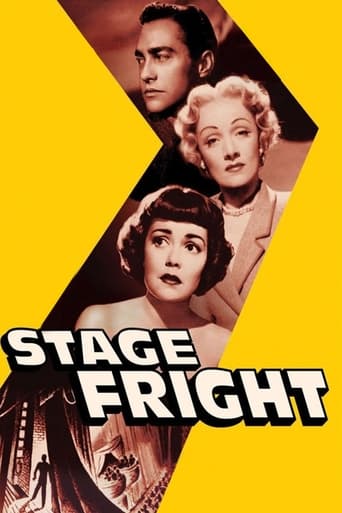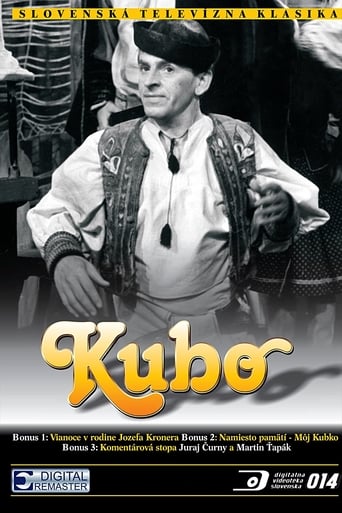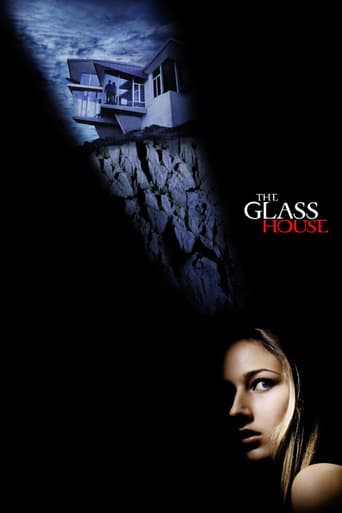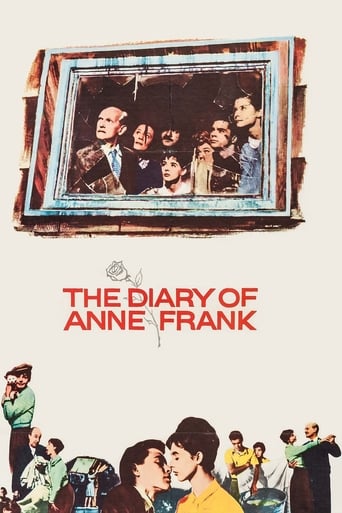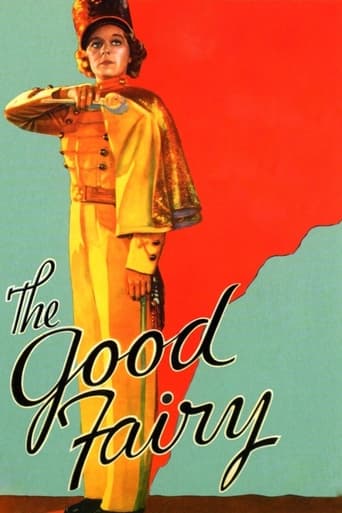
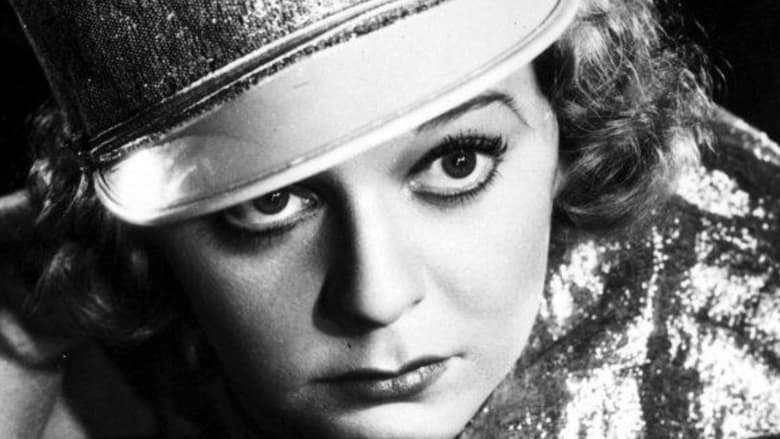
The Good Fairy (1935)
In 1930s Budapest, naïve orphan Luisa Ginglebuscher becomes an usherette at the local movie house, determined to succeed in her first job by doing good deeds for others and maintaining her purity. Luisa's well-meaning lies get her caught between a lecherous businessman, Konrad, and a decent but confused doctor, Max Sporum. When Luisa convinces Konrad that she's married to Max, Konrad tries everything he can to get rid of the baffled doctor.
Watch Trailer
Cast
Similar titles
Reviews
How sad is this?
Not sure how, but this is easily one of the best movies all summer. Multiple levels of funny, never takes itself seriously, super colorful, and creative.
This is one of the best movies I’ve seen in a very long time. You have to go and see this on the big screen.
Exactly the movie you think it is, but not the movie you want it to be.
In her short life, the ethereally radiant Margaret Sullavan (1909-1960) did not last the night, but the lovely light she briefly gave is preserved for posterity in charming mementoes such as this. Deeply touching in drama, Sullavan's best remembered comedy role was in Ernst Lubitsch's evergreen 'The Shop Around the Corner' (1940), which was the second romantic comedy she made set in Budapest. 'The Good Fairy' was the first.Scripted by Preston Sturges from a play by Ferenc Molnár produced on Broadway in 1931, 'The Good Fairy' would have been a very different film indeed but for the introduction of the strict new Production Code of June 1934 just three months before shooting commenced. Sturges had to keep one step ahead of the film throughout production as he extensively rewrote the script, which has the Hays Office's fingerprints all over it; as well as a generally disjointed feeling - such as the early disappearance of Alan Hale from the narrative, never to return; and the late appearance of Herbert Marshall, never to leave - and a LOT of talk. The droll film-within-the-film which reduces Ms Sullavan to tears which was added to the script by Sturges is among a number of hints earlier on in the film that we were going to something sharper and more sophisticated than the bowdlerised romcom that we actually get. (The same plot played as drama might have made better use of Ms Sullavan's talents and made a more interesting film).Sullavan plays Luisa Ginglebusher, a charming, accident-prone orphan who is vastly more innocent and unworldly than the sweetly manipulative little vixen played on Broadway by Helen Hayes. Rather bizarrely plucked from the orphanage to become a cinema usherette - for which Luisa is kitted out in a magnificent uniform that looks more like one of Marlene Dietrich's cast-offs from 'The Scarlet Empress' - as Miss Ginglebusher ventures out into the big wicked city, one initially fears for the safety of this seeming cross between Prince Myshkin and a more garrulous version of Chauncey Gardner. But salvation is at hand in the form of Detlaff, a brusquely kind-hearted waiter played by Reginald Owen; who looks younger than I'm used to seeing him and gives the most engaging performance I've ever seen him give (he befriends her while cautiously removing her knife when she reveals to him during dinner that she was released from an asylum that morning, but quietly returns it when it turns out that the asylum was for orphans); and takes it upon himself to protect her from the wolves that prowl the city (an extremely wolfish-looking Cesar Romero puts in a brief appearance as one such).The film, unfortunately, soon tires of giving us a heroine who's just a simple working girl (we never actually see where she lives, for example), and is irrevocably derailed by the introduction of Frank Morgan as Konrad - one of those vague, benevolent millionaires encountered so often in Hollywood movies - who agrees to become Sullavan's sugar daddy without ever suggesting he might eventually be expecting some sugar in return. Ironically, considering he is today principally remembered for later playing the title role in 'The Wizard of Oz', Morgan actually describes himself at one point as "a wizard" and offers to demonstrate his magic powers to Luisa by pulling out his cheque book to enhance the life of the non-existent husband she has just made up to ward of his advances. I agree with 'kyrat', who said in an earlier IMDb review nearly fifteen years ago that it would have been more satisfying to have bestowed Konrad's windfall upon her own good fairy Detlaff rather than just pick a name out of the 'phone book; and the romance that develops between Luisa and the thus gifted Dr. Sporum (Herbert Marshall in a goatee and wing collar) - whose greatest excitement at his sudden good fortune is that he can now afford a proper office pencil-sharpener - seems dictated by Hollywood convention rather than any actual chemistry between them. (Surprise! Surprise! the film ends in a wedding; and I would have liked to have had a better look at the very striking wet-look art deco bridal gown we fleetingly see Ms Sullavan walk down the aisle in just before the end credits).As the film progresses Luisa frankly comes across as a bit of a simpleton rather than just a pure simple soul; and the 25 year-old Sullavan is playing a girl nearly ten years younger than her real age surrounded by middle-aged men whose motives all remain impeccably but rather improbably pure (there's some supposedly innocent but I thought slightly creepy horseplay in Konrad's hotel room with him pretending that he's a mountain lion and Luisa's a lamb). But this is all A-list Hollywood hokum done to a turn by rising young director William Wyler (who ran off with Sullavan to get married in the middle of production) and all very pleasant if you don't take it too seriously; which I'm sure nobody involved in the production did.
There's a time in film when Margaret Sullavan was on top of her game. She was no beauty queen but what she had was...charm. She had lots of charm.This film has good performances all around. From Margaret Sullavan to Herbert Marshall to the side performances. Look for Reginald Owen as the waiter. He steals a lot the scenes.Margaret Sullavan plays Luisa Ginglebuscher, a girl raised in an orphanage, who gets an opportunity to work at a movie theater as an usher. Problem is, she's never been outside the confines of her orphanage so she sees life through rose color glasses. Every day there she had to do 1 thing to make someone's life better. She had to be a good fairy...every day. She's very innocent to say the least. From this she remembers that she has to do the same for her new surroundings. So she picks out someone from a phone book to do her good deed. After this, the fun starts.This is another one of those 30's gems with a solid cast and an even better story. The 30's was a time when innocence in film still existed. Stories about people being good and doing good things for others. This one is one em with a loads of heart and charm. A real feel good film for its time.
Five years before she butted heads with James Stewart working at Matuschek and Co. in Ernst Lubitsch's classic pen-pal romance, "The Shop Around the Corner", Margaret Sullavan was playing another character living in Budapest, this time a naïve young woman chosen to become an usherette in an elaborate movie palace. This warm-hearted 1935 screwball comedy has impressive credentials beyond a luminous Sullavan in only her third film, as it offers a screenplay by Preston Sturges ("The Lady Eve") and direction from William Wyler ("The Best Years of Our Lives") who married Sullavan during the tempestuous production. Alas, this was their only collaboration since they divorced less than two years later, but this long-forgotten collaboration is a fruitful one as the then-25-year-old actress sparkles in a role that could have easily been cloying if Wyler didn't maintain the right tempo for Sturges' alternately scatterbrained and clever story.Sullavan plays the improbably named Luisa Ginglebusher, a gregarious, pig-tailed orphan who regales the younger girls with her fanciful fairy tales. A blustery theater owner comes to the orphanage looking for girls to be silver-costumed usherettes at his Budapest movie palace. The head of the orphanage allows Luisa to accept the job on the condition that she performs at least one good deed a day in the real world. At the theater, Luisa meets Detlaff, a waiter who gets her an invitation to an exclusive party at which he is serving. She almost immediately has to hold off the bold advances of Konrad, a somewhat lascivious South American meat-packing millionaire who wants to seduce her and shower her with gifts. However, she isn't interested and lies about being married. When he insists on employing her "husband" so he can send him away, Luisa randomly picks a name from the phone book, hoping to do a good deed and divert some of Konrad's wealth to someone else. The lucky man is poor but proud Dr. Max Sporum, but complications obviously ensue when Luisa meets Sporum and Konrad finds out the truth.Although she had few opportunities to play comedy, the adorable Sullavan shines in this type of shenanigan-driven farce, whether using her electric wand to point patrons to their theater seats or prancing with a multiplicity of her mirror images as she models a "foxine" stole at the department store. Reginald Owen (Scrooge in the 1938 "A Christmas Carol") gamely plays Detlaff with rubbery charm, while Frank Morgan (the Wizard in "The Wizard of Oz") is a bit too fey and downright wizardly as Konrad. Generally a tight-lipped presence on the screen, Herbert Marshall ("The Little Foxes") has never appeared more animated in a movie than he does as Sporum. Familiar character actors show up like Alan Hale as the cinema impresario, Beulah Bondi as the orphanage matron, a hilariously over-the-top Eric Blore (from all the early Fred-and-Ginger pictures) as a monocled drunk, and a menacing Cesar Romero as a pushy stage-door lothario. An unusual entry on Wyler's resume, this is quite a charmer thanks to Sullavan. The print is clear on the 2002 DVD, which includes the original theatrical trailer and a photo gallery as extras.
'The Good Fairy' and 'Easy Living' (with Jean Arthur) are the two finest screenplays Preston Sturges wrote before he started directing his own work. Working from a Hungarian farce (a national flavor of playwriting that was the basis for many of Ernst Lubitsch's best movies), Sturges polished the plot and stuffed it with his inimitable comic dialogue. Directed with quiet confidence by William Wyler and cast with Margaret Sullavan (not the most sparkling comedienne, but perfectly capable) surrounded by top-notch actors, including Herbert Marshall (a superb and appallingly under-appreciated actor -- his effortless comic timing nails every line of this, "Trouble in Paradise", and "If You Could Only Cook") and Frank Morgan (best known as the Wizard of Oz, but also great in "The Shop Around the Corner"). All in all, a comic gem from the 1930s.
